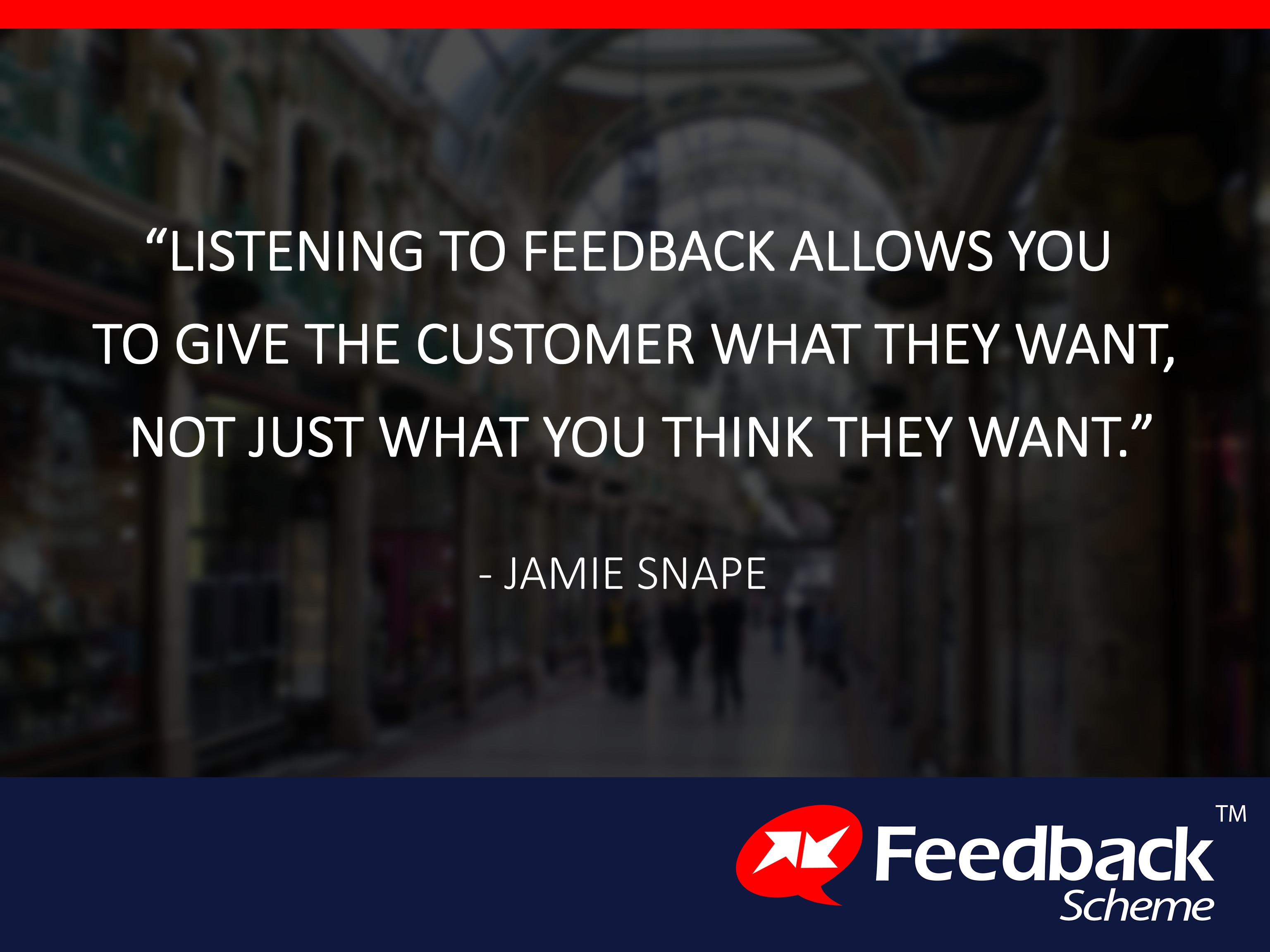We all love to get feedback when it’s positive, without exception this is true, and conversely the opposite is so for negative feedback which tends to make us instinctively defensive.
It’s not surprising this is the case, if we put in vast amounts of time, effort and perhaps money into building a product or business that we ourselves believe in, then quite naturally it causes in us the emotions of anger and perhaps even pain when someone is critical of it, or the opposite is true if the feedback is positive as it makes us feel a sense of recognition for our labour.
With all feedback it’s important to remember that in most cases the person giving it sees nothing of your effort, nor are they aware of the time you’ve invested, or indeed even understand your intentions or objectives in trying to create something great, they merely see the results of your work and their feedback is simply their experience of these at a single given time.
Since one of your primary aims in business is to make as many customers as happy as possible as much of the time as possible, it makes feedback and each and every customers perspective important. On an individual level it gives you the opportunity to change a person’s negative opinion, and when taken collectively with other customer feedback it can stop you investing your most important commodity which is your time, into things in which your customers may perceive have far less value than you do yourself. Feedback can be a real guide in directing your efforts within your business.
A rather simplistic but useful example of this for illustrative purposes might be in a restaurant perhaps, in which a conscientious chef may love his own grandmother’s particular family recipe for a pie. He may spend extra time preparing this particular dish since it’s a speciality of his and indeed his wife’s favourite too, but if more often than not customers feel it contains too much pepper then the chef would be wise to listen to this feedback, and hold back on what is a minor ingredient rather than seasoning to his own taste. The chef may not prefer the pie himself, but the customers will be happier, the restaurant will sell more pie which is the ultimate objective, and the chef can always be more liberal with the pepper when he next makes the pie at home for his family.
The point being listening to feedback allows you to give the customer what they want, not just what you think they want. Feedback creates an opportunity to save your time and your money, especially negative feedback whenever you can obtain it so it should be welcomed and indeed highly valued. By listening to negative feedback you can achieve greater success, as by adapting your business to accommodate the wishes of your customers you will achieve more repeat business. Positive feedback can also prove useful, giving confirmation of when you are getting things right. A word of caution though in that all feedback is merely a snapshot, and continuously seeking more feedback is essential to maintain standards and to ensure any example of positive feedback isn’t a minority held view, or simply proof that you got things right on one day out of seven.











You are absolutely right!!
In a program where a business woman (Alex Polizzi) went in to save a failing small brewery. it was interesting to note that the beer the brewer thought to be his best was the least popular! fortunately another of his beers was very popular. Without that negative feedback his brewery could have gone down the pan.
The trouble with negative feedback in the wrong places can shut your business right down!! no one wants that.